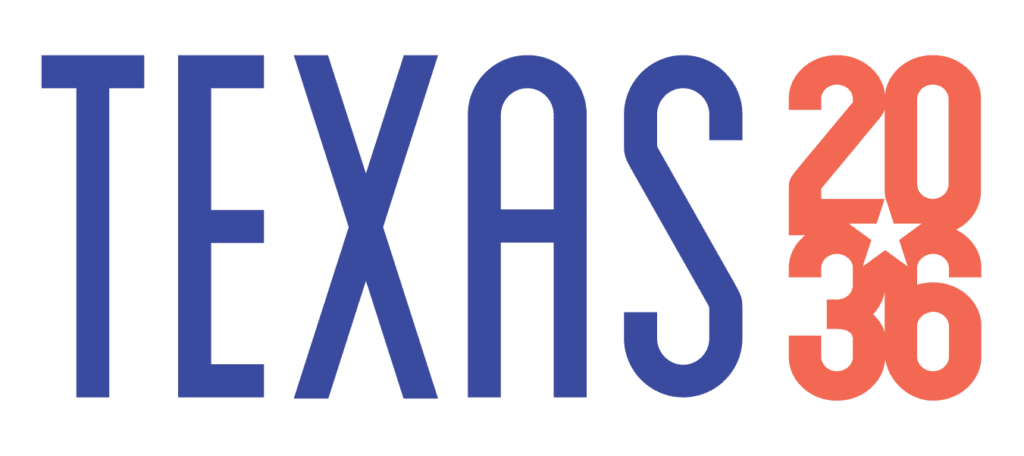Let’s connect the dots for students on credentials: 5 things to know
The University of Texas System hosted an event on Dec. 9 showcasing the potential of workforce credentials to help any Texan, anywhere obtain well-paying jobs in high-growth, high-demand industries. Texas 2036 is playing an important part in building awareness of privately-issued credentials and communicating to students across the state how they work.
Here’s what you need to know about Texas 2036’s efforts:
1. Our project serves as a proof of concept that employers are willing to share their data for public use.
We start with basic information such as the education provider, credential costs and required assessments. This baseline data gives us visibility on what credentials are available. From there, given available data from education institutions and workforce providers, we can link different credentials and determine whether they’re stackable – for example, does this Google IT Support credential also earn credit for a computer science bachelor’s degree, or are multiple Google certificates equivalent to an IT associate degree?
2. To really drive home the value of certain credentials, we need to add in labor market data.
For those who graduate with a certificate instead of a degree, we need to be transparent about what jobs they can realistically expect. That’s why we also collect occupational data where we can in our initiative.
3. We should also calculate the typical wages a graduate can expect for the jobs available to them.
Thankfully, the state has this data.
4. Because Texas has a rich database on education and workforce data, our initiative is only the first step to building real civic demand for these new credentials.
This is why we’re all-in on supporting the state and providing them with our data as it develops its public credential library. The state credential library, established by HB 3767 (87-R), provided the impetus for Texas 2036’s work. The state credential library would include data on all credentials offered by state public institutions and education or training programs. With private companies helping provide learners and workers with new options to gain in-demand skills, it’s crucial that the state’s database covers new private credential opportunities as well.
5. The state has access to both institutional and labor market data needed to enhance the information on credentials that students need.
And it has the credibility to effectively market this information not only to students but also those who will help students access and analyze this information, like guidance counselors, teachers and community leaders.
To learn more about Texas 2036’s Privately-Issued Credentials Initiative, visit texas2036.org/credentials.
